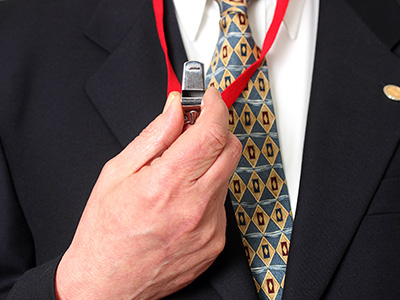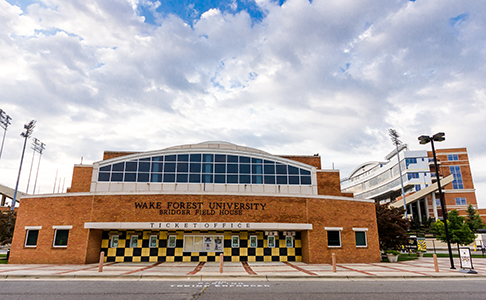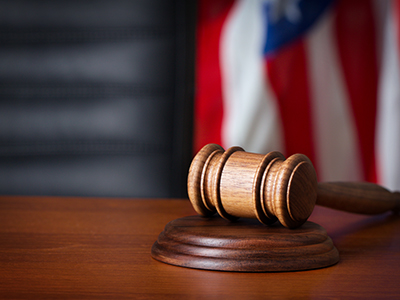Many oil and gas companies operate within incredibly tight margins and subject to ever-volatile commodity market prices. In such a competitive sector, the ability to innovate with improved extraction and transmission techniques can be make-or-break. As we have previously written, one way to gain an advantage in the process of hydraulic fracturing is to use specially chosen or designed chemical additives that can make a frack job more successful than it otherwise may be. Oil and gas companies often rely on trade secrecy to protect these special fracking fluid compositions. As can be expected, many environmental groups express concern that these chemicals could contaminate groundwater and, in turn, argue that landowners and the public have a right to know if potentially harmful chemicals are being injected into the ground. READ MORE
Full* Disclosure: A Middle Road in Fracking Fluid Law











